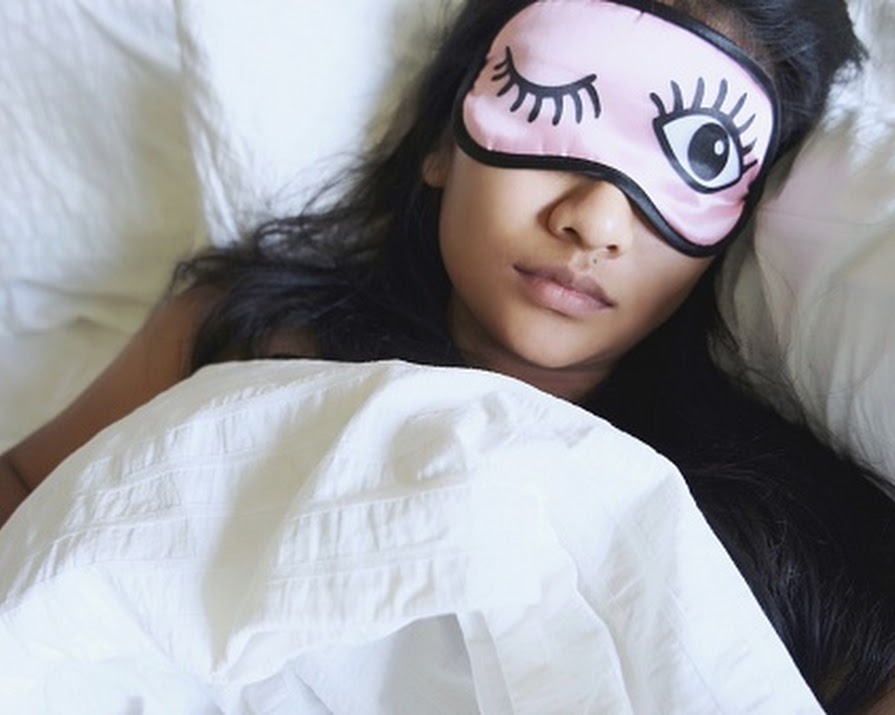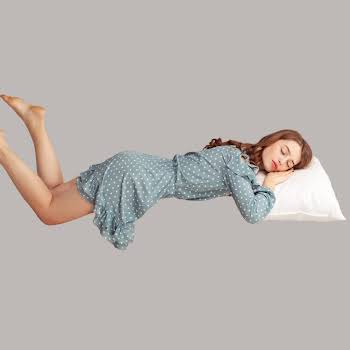
By Niamh ODonoghue
03rd May 2017
03rd May 2017
I’m certain that, like me, you’ve heard your mum, aunt?or grandmother grumble about their terrible nights’ sleep. In a bid to avoid losing precious Z’s, I’ve been practising?good’sleeping habits:?I go to bed relatively early and don’t stay on my phone scrolling, I have introduced a technology embargo about 45 minutes before I actually go to bed, and I finish my day off with a relaxing hot shower?which results in a deep and comfortable sleep. But no matter how many recommendations I suggest (lavender-filled pillows, sleep spray, meditation, a technology-free zone), it seems like nothing can alleviate my tired mother.
Here’s the problem: the amount of deep sleep you get each night begins to decline in your late 20s?according to the smart folk at?Science Of Us, regardless of how long you’re actually unconscious; by age 50, as Claire Maldarelli recently noted in Popular Science, you spend just half as much time in deep sleep as you did 30 years before.
And the thing is, we can’t beat this bad sleep cycle, but a team of researchers?are helping those with sleep problems to better understand it. According to their research, as we age, our?brain becomes worse at knowing when we’re tired. If nothing else, it answers our questions about how our morning bus commute is always filled with energy-driven grannies on their way to collect the groceries.
Scientifically speaking, the group of researchers were able to pick up chemical signals?that “signify fatigue decrease over time, leaving you with a sleepy body and a brain that won’t shut off to accommodate it”. There is no magic formula to alter ageing (although many a brand has jumped on the anti-aging bandwagon), so enjoy your extra couple of hours in bed on Sunday morning. Heck, do it on Saturday too.
Sorry to be the bearer of bad news, but not only do you have menopause to look forward to, there are the sleepless nights too.?Happy Wednesday!






















